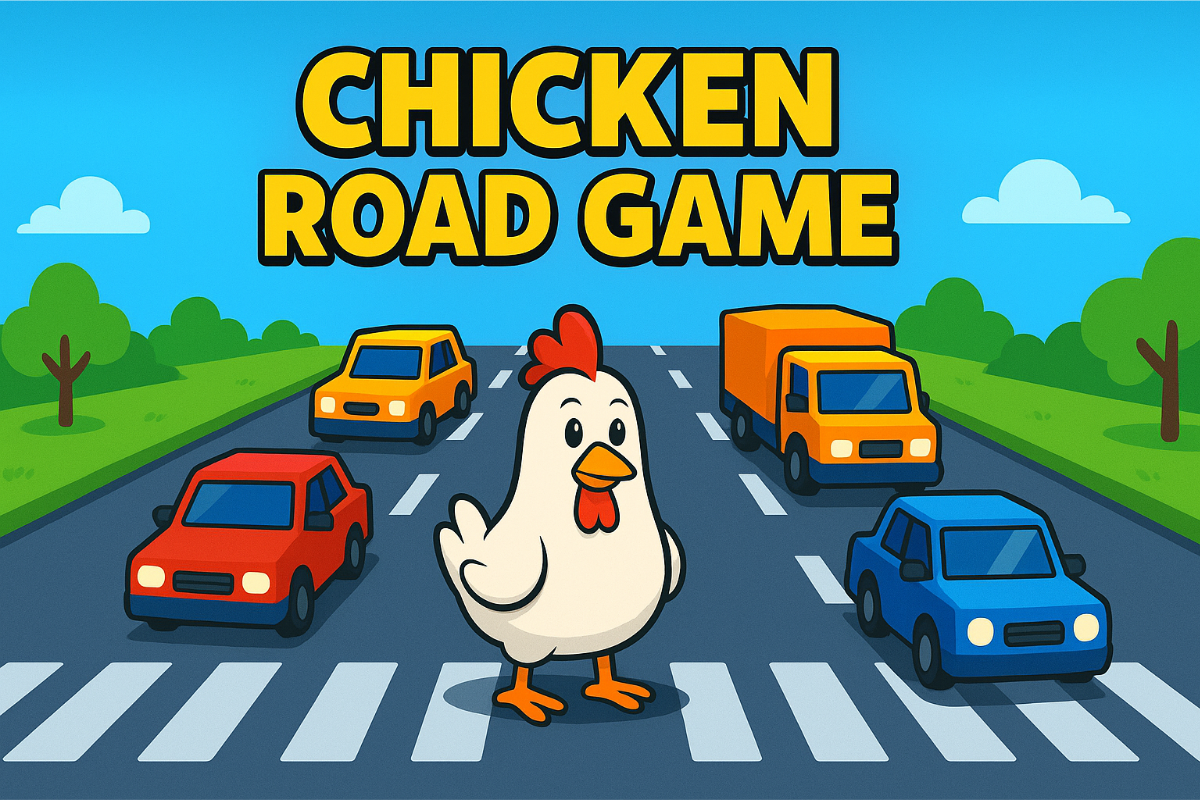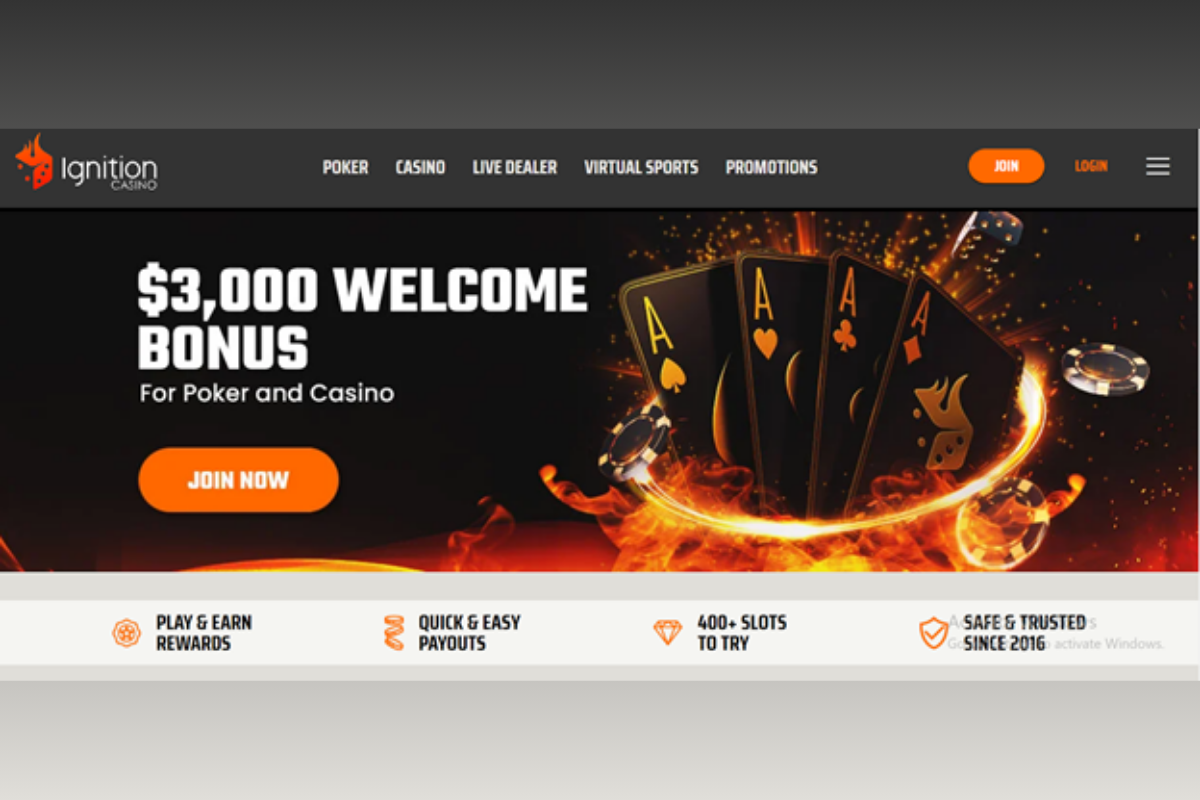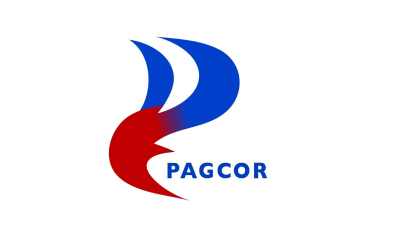Latest News
Which Responsible Gambling Tools Actually Work in 2025?

In 2025, gambling has sprouted roots in every corner of the world, growing more engaging, sophisticated, and accessible. It takes just a moment for a modern gambler in Canada to find the best new Aussie online pokies on a platform with rewarding welcome bonuses, regular customer support, and an impressive selection of other games. However, with slots and casinos becoming so widespread, the risk of addiction grows, too.
That is why responsible gambling tools are no longer optional add-ons that a gambling website can choose to offer or discard on a whim. They’re a core part of modern platforms — in fact, there are so many of them that it’s easy to get lost. So, which ones are helpful and can actually make a difference?
Self-Exclusion
The option of self-exclusion is one of the best and most efficient responsible gambling tools available to players. There are national schemes and platform-specific exclusions, both with unique advantages.
ROFUS in Denmark and BetStop in Australia are examples of national self-exclusion structures. This is how they work:
- A player who understands they have a problem provides their personal details, such as an email, phone number, billing address, and name, to ROFUS or BetStop.
- This same player chooses how long they’d like to be banned for: this could be any term from 6 months or a year to 5 years and longer.
- The national anti-gambling scheme verifies your identity within 24 hours.
- From then on, it double-crosses the data from all gambling websites with a national license to prevent the registered player from logging in or creating a new account.
As research shows, in 2024 and the first half of 2025, 44,841 people registered for self-exclusion in Australia. At the end of June, 30,032 of them still had active exclusions, meaning that gamblers actively use this feature to guarantee their safety. Data from other countries show similar results.
Unlike nationwide authorities, platform-specific self-exclusion is limited, as it only bans a player from a specific website. It can be useful for people who favor particular platforms and hope to stop frequenting them and spending money there.
Ultimately, choosing self-exclusion doesn’t mean giving up gambling for good. You can return whenever you want after your selected exclusion period runs out — hopefully, once you feel collected and in control of your spending.
Limits That Hold
With how many gambling websites and titles are available today, the temptation to engage can cross the limits of what you find acceptable. If you try legit online pokies for real money and keep winning, this will inevitably strengthen the belief that you’ll get even higher rewards by playing further. And yes, this might indeed be the case, but at the same time, there is always a risk of losing.
You might get into a dangerous loop where you keep hoping that your luck will change again for the better, and when it doesn’t happen, you push even harder, growing increasingly desperate. User-set and operator-imposed caps are the tools that protect players by stopping them from overspending.
Here’s what you can count on with such tools:
- Deposit caps. An operator or a user (you) sets a deposit threshold, and if you want to transfer more money at some point, you simply won’t be able to do it.
- Losses caps. A casino temporarily freezes your access when you lose more than what the acceptable limit dictates.
- Wagering limits. An operator allows their players and bettors to wager for a predefined number of times per day.
Sometimes, operators alone set these limits. They simply won’t allow you to exceed them: once you hit the dangerous numbers, they’ll block your access for 24 or 48 hours.
Users can choose their own caps, too. Some gambling platforms allow lowering the default threshold manually, while others are more liberal and let their players select custom limits in every category.
Time Under Control
Time management has proven to be an effective system of defense for players, especially those who play casually. Websites add session timers, auto-logouts, and in-play reminders to potentially break the player’s concentration and warn them about their current status.
Imagine that you’ve been playing slots for over 20 minutes now. You win some and lose some; your excitement for a bigger win is growing, turning into obsession, and that’s when a casino might give you an alert or kick you out. You’ll realize that you’ve spent 30, 60, or 90 minutes playing, and it can serve as a solid wake-up call.
Of course, players can simply ignore these alerts. However, those with an ounce of self-awareness and preservation can benefit to a great extent. You can also do a self-test to check how healthy your gambling habits are in the first place. This will show you whether you can trust yourself and which tools you might need to control your gambling.
Nudges and Soft Stops
The tools above are rather heavy-handed: you lose access to gambling for a while, get kicked out of your own account, and find yourself unable to place another deposit. However, there are soft mechanisms, too, and they can be equally effective. Some examples:
- Cool-off periods. These are less strict self-exclusion options where you can’t log in for a day or a week.
- Timeout buttons. One second of determination is enough to push the timeout button and get frozen out for a while, giving yourself a chance to calm down.
- Friction-based tools. They include stuff like double confirmations before big bets: you’ll have to think twice before spending money.
These tools can interrupt obsessive gambling, though without your willingness to cooperate, they will be useless.
What Works and What Doesn’t
The findings of 2025 demonstrate that responsible gambling is becoming more common in different regions. All G7 countries are leaders in adapting responsible tools to protect their players, and other locations aren’t lagging far behind.
Nationwide self-exclusion, cool-off periods, double confirmations, and user-placed limits are the best tools with proven efficiency. They’ll help you stay on track, preventing your access to online casinos or helping limit the amount of money you spend on gambling.
Some other tools are less effective, at least in the hands of the platforms that are more concerned with compliance than with actual player safety. Seeing random pop-ups with reminders is a waste of time in most cases; however, if casinos place them strategically and couple them with session termination, this can reduce risky behavior.
There are no universal tools that will be good or bad for everyone, so find the options that work for you in particular. Choose websites that care about your well-being and supply you with valuable self-help resources. Gambling can be incredibly rewarding, but knowing how and when to stop is essential for avoiding serious risks and disastrous outcomes.
-

 Latest News5 days ago
Latest News5 days agoPIN-UP Global Transforms into the RedCore Business Group
-

 Asia6 days ago
Asia6 days agoAD STANDARDS COUNCIL HONORS PAGCOR CHIEF
-

 Asia6 days ago
Asia6 days agoMacao Casino Sector Salaries Hit a 10-year High
-

 Asia5 days ago
Asia5 days agoNew Indian Law Aims to Curb Online Money Gambling Sector, Prohibits Related Advertising
-

 Latest News6 days ago
Latest News6 days agoBET9JA BACK BOXING WITH BALMORAL GROUP PROMOTIONS SPONSORSHIP
-

 Latest News6 days ago
Latest News6 days agoHIPTHER Community Voices: AI in iGaming: A Guide to Adoption, Benefits, and Challenges
-

 Latest News5 days ago
Latest News5 days agoSOFTSWISS Wins Best Game Aggregator Award in Latin America
-

 Asia5 days ago
Asia5 days agoChicken Road Game Launches in India, Expands Mobile Gaming Catalogue



























